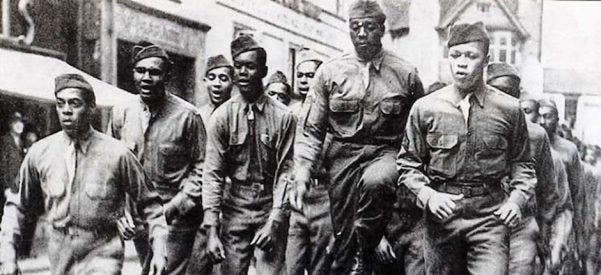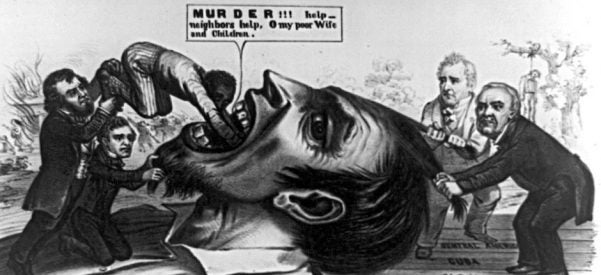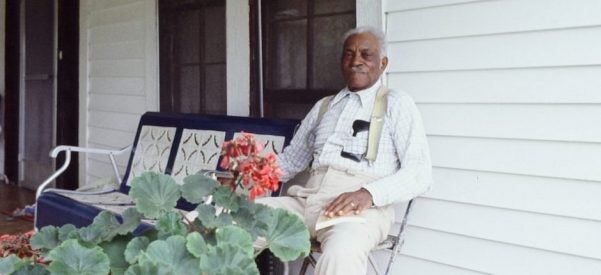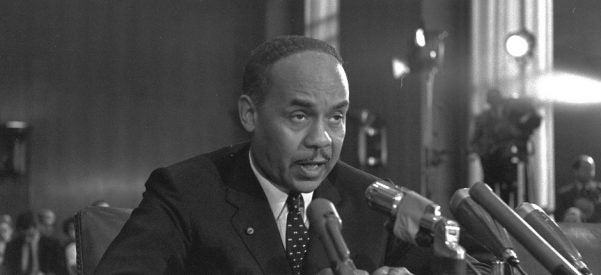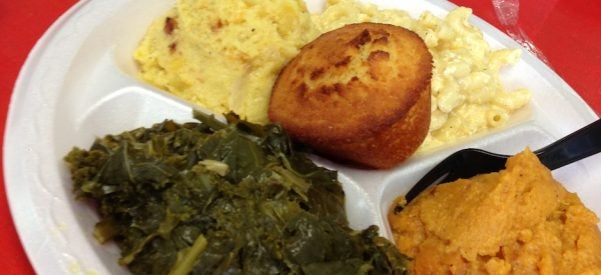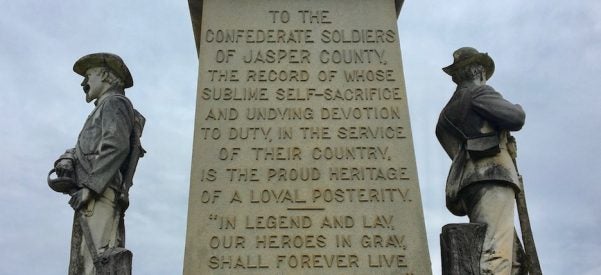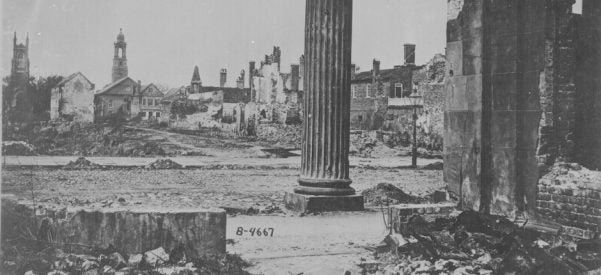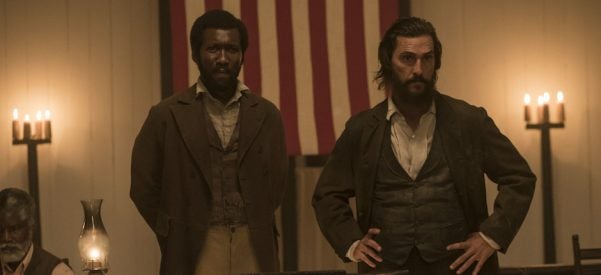How the U.S. Military Brought Soul Food to the World
After Serving Overseas, Black Servicemen Opened Joints That Dished up Chitlins, Cornbread, and Fried Chicken
Soul food ambassadors: probably not who comes to mind when you think of the African Americans who have served overseas in the U.S. armed forces. Yet no other group of people—neither athletes, nor entertainers—are more responsible for spreading the complex flavors of soul food.
As the United States flexed its military muscles during the 20th century, black G.I.s were thrust into contact with epicureans abroad. And so they taught the world about delicacies like American-style barbecue, chitterlings, and fried chicken. …


